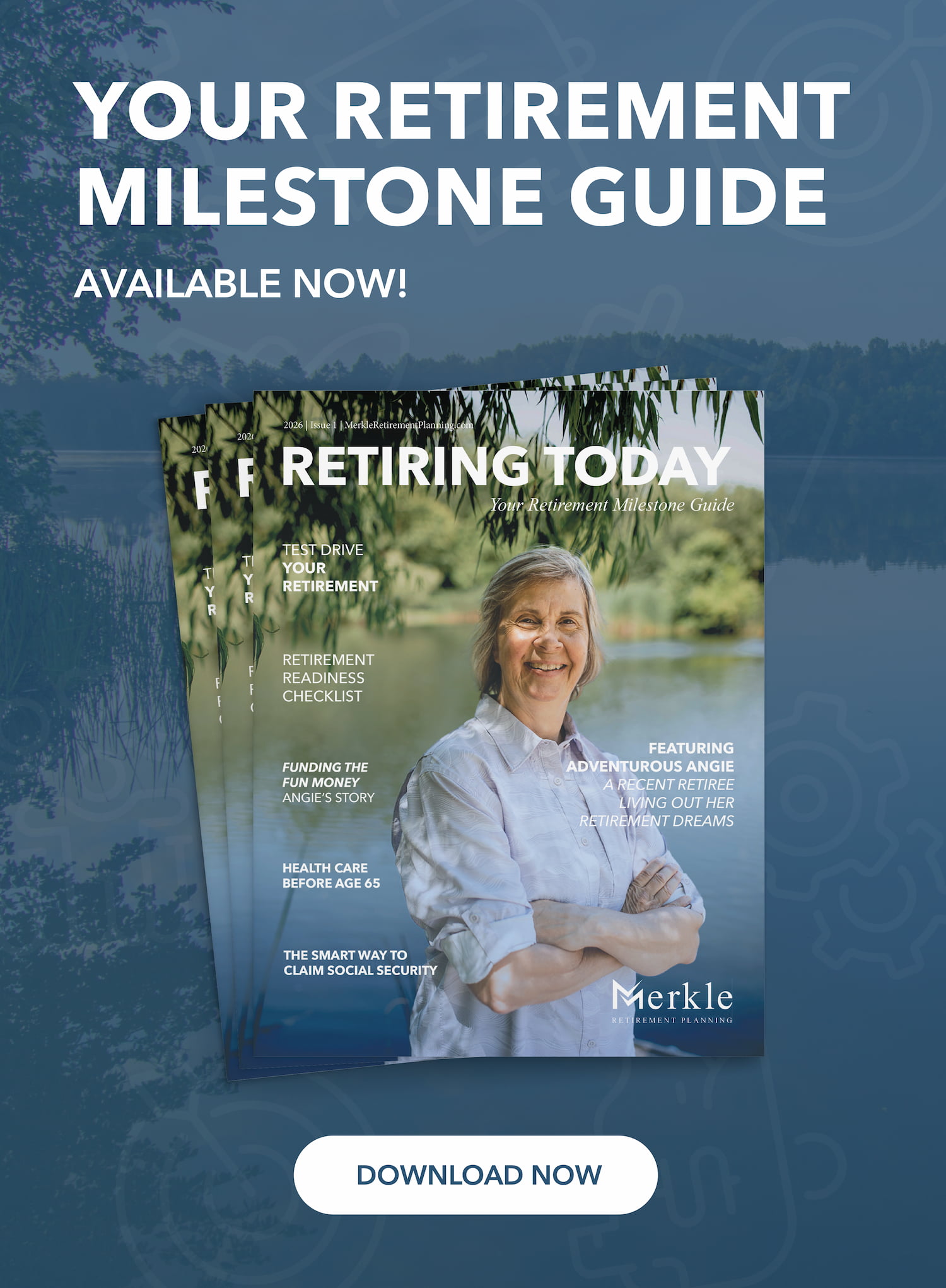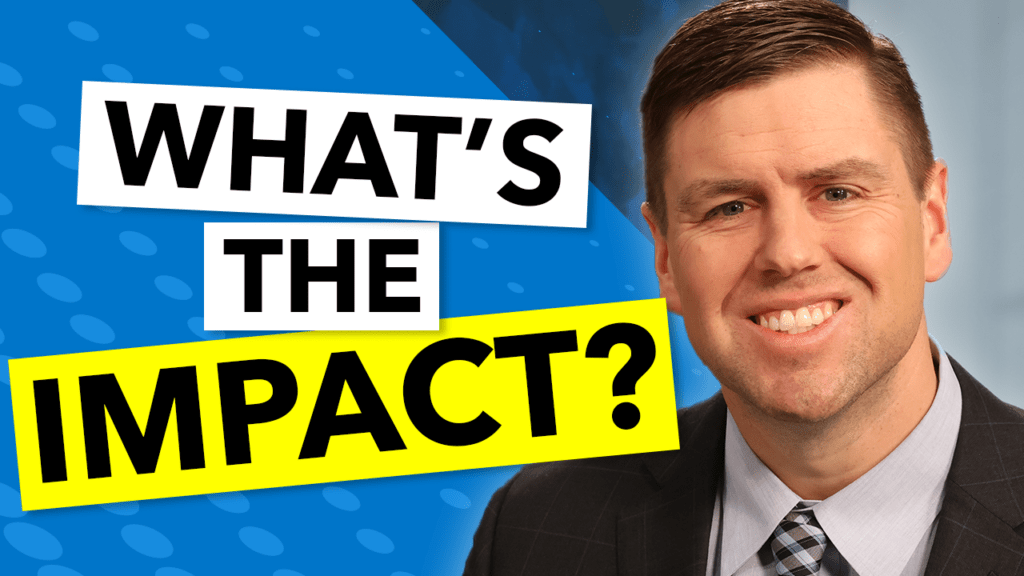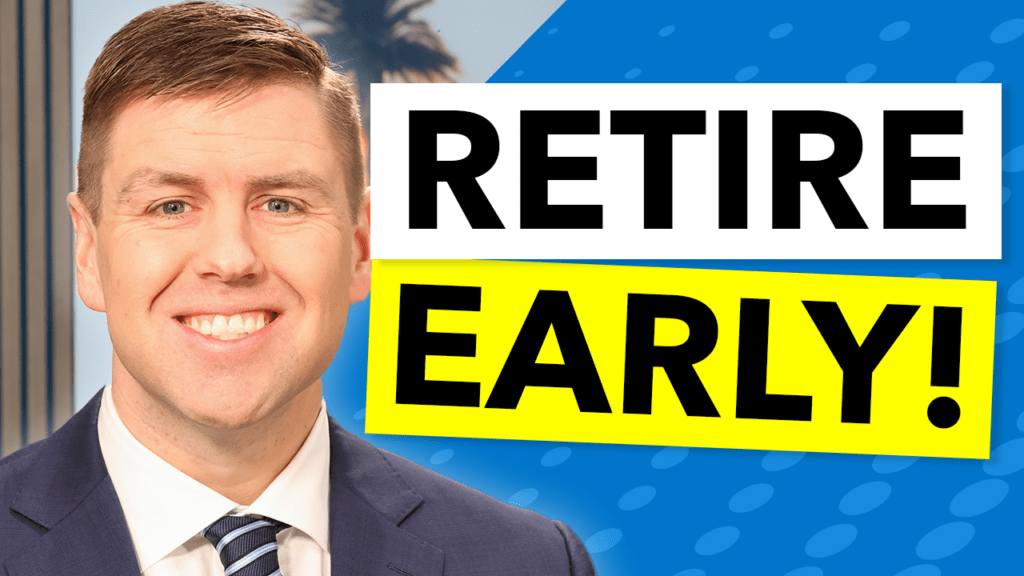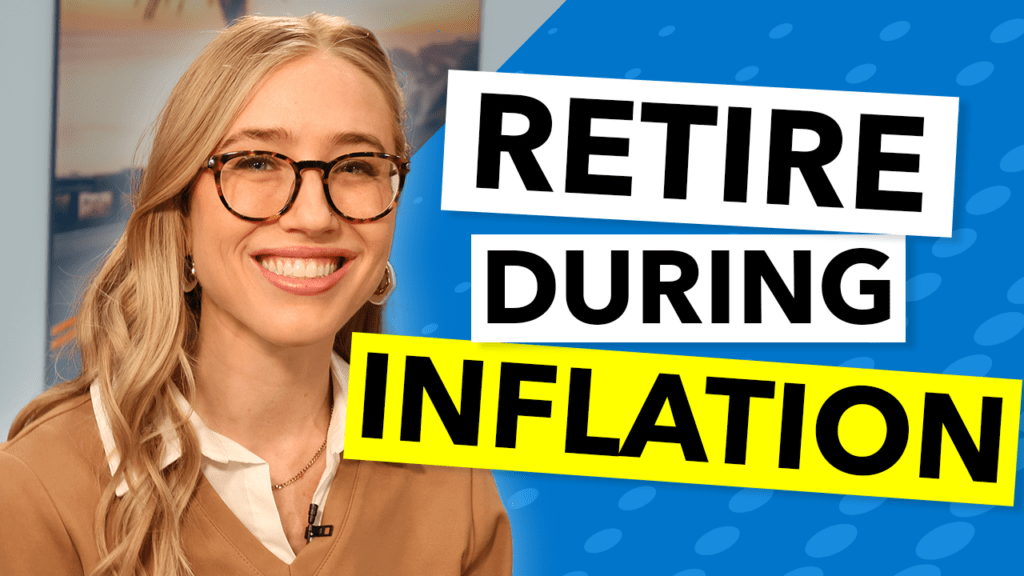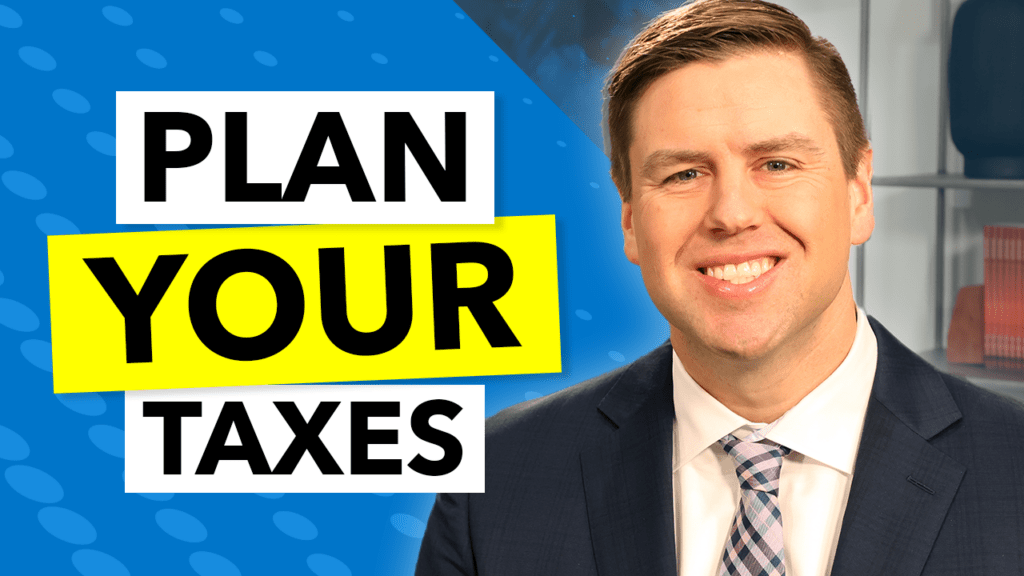One area that can catch even the most diligent savers off guard is health care. We explore three of the biggest health care traps in retirement—and how you can avoid them.
–––––––––––––––––––––––––––––––––––––––––––––––––––––––––––––––––––––––––––––––––––––––––––––
Trap 1: Failing to Plan for Extra Health Care Costs
Many people see Medicare as their golden ticket to affordable health care in retirement. However, Merkle Retirement Planning Director of Medicare & Long-Term Care AnnaMarie Morrow cautions that relying solely on Medicare to cover all costs is one of the most common and costly missteps. “Several studies point to the fact that a couple retiring at age 65 could face up to $300,000 in lifetime health care expenses,” she explains. This staggering figure includes not just premiums, but also out-of-pocket costs for drugs, dental care (not typically covered by Medicare), vision, copays, and long-term care expenses.
AnnaMarie cautions that the astronomical numbers often correspond to those who are stuck with high expenses for a long time, driving the average up. Your out-of-pocket expenses could be much lower but should not be overlooked.
The trap is not the costs themselves—they’re inevitable—but failing to plan for them. AnnaMarie emphasizes that health care needs to be “baked into the income plan,” so retirees know how these expenses will be paid today and twenty years from now. Waiting for a costly health event to start planning can leave you feeling unprepared and anxious.
How to Avoid It: Work with a retirement planner to forecast your annual health care costs, including premiums, expected out-of-pocket expenses, and possible long-term care events. Make sure these are included in your overall retirement income plan, so health setbacks don’t derail your dreams.
Trap 2: Underestimating Medicare Premiums
Medicare isn’t free. While hospital insurance (Part A) may be premium-free for most, Part B (medical insurance) and Part D (prescription drugs) come with monthly premiums—and those costs are only going up. For 2025, the base Part B premium alone is $185 per person per month, with Part D averaging $37.

The most significant trap, according to AnnaMarie, is misunderstanding how premiums are determined. Your Medicare premiums are based on your modified adjusted gross income (MAGI) from two years prior, and just one extra dollar of income can bump you into a higher premium tier, potentially adding hundreds of dollars to your monthly health care costs.
The Income Related Monthly Adjusted Amount (IRMAA) is the surcharge that some beneficiaries pay in addition to the standard Part B and D premiums. This chart shows the 2025 Part B IRMAA.

How to Avoid It: Be proactive. Understand how your current and future income will impact your Medicare premiums. Review your planning strategies with a retirement planner to weigh the balance between near-term health costs and long-term tax benefits. The key, says Retirement Planner Loren Merkle, is “eliminating surprises.” When you plan ahead, any increase in premiums is expected and can be managed with confidence.
Trap 3: Ignoring Long-Term Care Needs
Long-term care can devastate a retirement plan if ignored. Medicare generally doesn’t cover extended long-term care—just up to about 100 days of skilled nursing after a hospital stay.
The latest Genworth study found that the national median annual cost of assisted living is $70,800, while the median cost of a semi-private nursing home room is $111,325. Home health aide services have an annual median cost of $77,792.
AnnaMarie points out that 70% of people turning 65 today will need some form of long-term care, with women typically needing care for 3.7 years and men for 2.2 years. The additional risk is leaving a surviving spouse financially vulnerable or depleting assets meant for heirs.

How to Avoid It: Begin the long-term care conversation early. There are more options today than ever before—beyond traditional long-term care insurance, which many find too expensive or restrictive. Hybrid options that combine life insurance or investment components now exist, some with minimal underwriting. Review your situation and discuss with a retirement planner whether you can self-insure or if certain investments could help offset this risk.
The Common Thread: Proactive Planning
None of these health care traps are insurmountable, but all require proactive planning. As AnnaMarie and Loren highlight, knowing about these pitfalls—and building strategies to address them—reduces anxiety, prevents surprises, and gives you confidence in your retirement.
Click here to watch the full episode “Retirement Health Care Traps” on YouTube!




